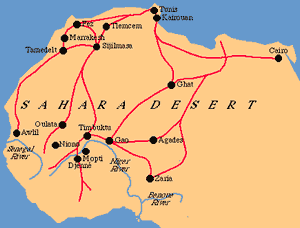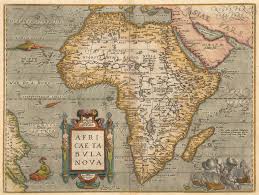The Power of History: Why Our Past Matters

The Power of History: Why Our Past Matters
history, minority groups, wisdom, research, growth, development, power of history, why history, broad view, knowledge, culture, language, societies, way of life, diversity
History is more than just a series of dusty old events. It's the blueprint of human civilization, shaping our identity, informing our decisions, and guiding our future. Understanding our past can unlock the secrets to personal growth, social progress, and national development. Below are some reasons why our past matters.
1. Identity and Self-Awareness. Have you ever wondered where you come from? What traditions and values have been passed down through your family? History helps us connect with our heritage, fostering a sense of belonging and self-awareness. When we study our family history, ancestry, and cultural roots, we become more aware of ourselves and our place in the world.
2. Learning from Mistakes. History teaches us that every experience – whether triumph or tragedy – holds valuable lessons for a better future. Like we say at CYSTADS “ A man who understands the past has more advantage over him who has seen the future”, this is simply because the past when studied shows us that in the real sense, nothing is new and there is more to be learnt from the history than we can ever imagine. When we examine past mistakes, we can:
- Avoid repeating errors
- Develop problem-solving strategies
- Improve decision-making
3. Context and Perspective. History provides context for current events, helping us navigate complex issues and make informed decisions. By studying historical events, we gain insight into social and political movements, appreciation for cultural diversity, understanding of global interconnectedness
4. Cultural Preservation. Some of the reasons why a lot of languages and cultures are forgotten stem from the fact that a lot of societies do not value history preservation. Recording and sharing history preserve the cultural legacy for future generations. This includes documenting oral traditions, preserving historical sites and artefacts, and celebrating cultural festivals and events.
5. Social Justice and Equality. Understanding historical injustices informs advocacy for equality and social justice. The more we examine issues like colonialism, civil rights movements, and social revolutions, we can address systemic issues and promote equality. I believe that history helps ensure that minority groups get better treatment in the now than they used to.
6. Economic Development. History informs economic decisions, helping avoid past mistakes and identify successful strategies. The end point when we study past economic systems, trade, and technological innovations, is that we end up fostering sustainable growth.
7. National Pride and Unity. Shared history fosters unity and national identity, promoting patriotism, cultural heritage, and national cohesion. Citizens of a lot of Nations who are world powers today have a great sense of National Pride and unity and this stems from the fact that they understand their history and have a great sense of worth. A nation is as great as it’s people, Countries where there is no sense of worth or understanding of their history are always mostly impoverished and underdeveloped.
8. Critical Thinking and Informed Decision-Making. Analyzing historical events promotes critical thinking, encouraging objective evaluation, evidence-based reasoning, and informed decision-making. Even if you want to suceed at anything merely understanding it’s history demistifies it and give you an advantage of others who go in blindly.
9. Interdisciplinary Connections. History intersects with sociology, psychology, science, and philosophy, providing a comprehensive understanding of human experience.
Conclusion
Knowing our history empowers individuals, communities, and nations to build upon successes and learn from failures. We foster personal growth, social progress, national development, cultural preservation, and critical thinking by embracing our past. As we move forward, let us draw upon the wisdom of history to shape a brighter, more informed future.


